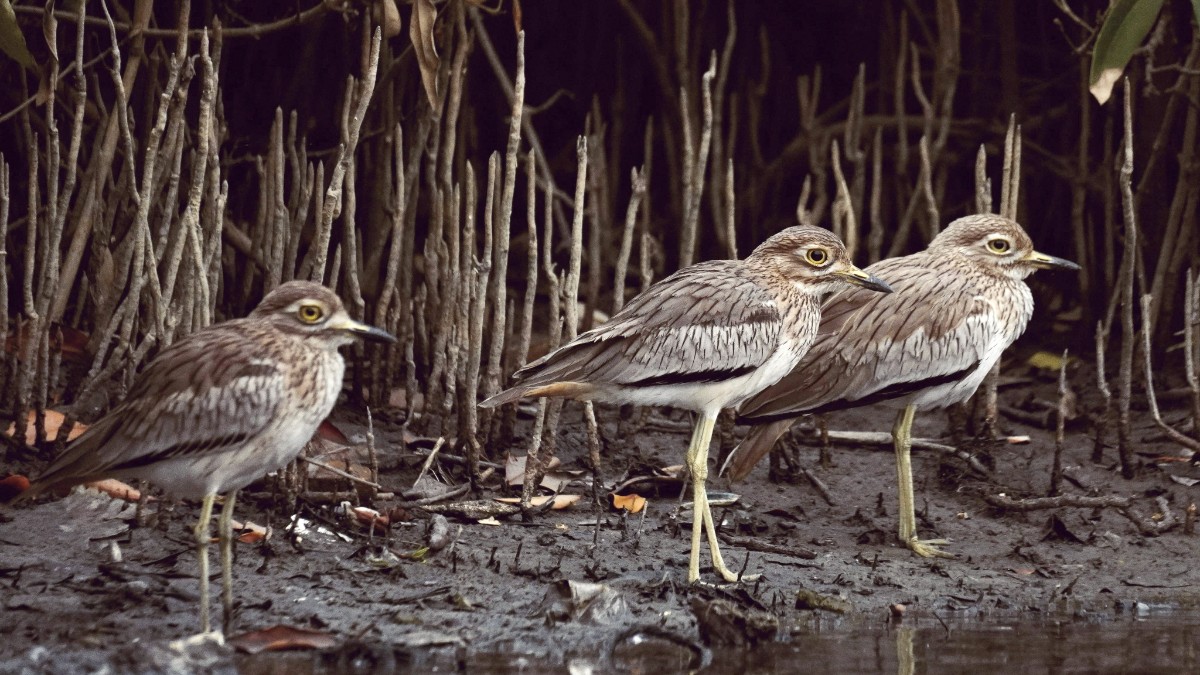
The Gambia
A variety of outdoor pursuits awaits, from serene nature walks to exciting wildlife encounters.
Offers easy, well-marked walking trails suitable for all fitness levels. A complete loop typically takes 1-2 hours.
Features easy walking trails that wind through varied habitats, a pleasant experience lasting 1-2 hours.
More challenging trekking opportunities are limited due to dense vegetation and undeveloped infrastructure outside protected areas.
Wild camping is generally not advisable due to security concerns and a lack of designated facilities.
Engage with Gambian culture through interactive experiences and traditional arts.
Seek out tour operators who work directly with local villages to offer responsible community visits.
English is official and widely spoken. Learning basic phrases in Wolof or Mandinka ("Salaam alaikum" - hello, "Abaraka" - thank you) is appreciated.
Major Islamic holidays (Eid al-Fitr, Eid al-Adha) are significant cultural and religious events. "Kankurang" mask dances are a spiritual practice.
Luxury resorts offer high-quality spa facilities with a range of treatments. Other larger hotels may have smaller massage services or basic wellness facilities.
No known hot springs or formalized natural therapy options widely available.
A few smaller, independent retreats might offer yoga sessions or wellness programs. Inquire locally for specialized offerings.
The Senegambia Strip is the heart of The Gambia's evening entertainment, offering a lively atmosphere for tourists.
Several nightclubs and late-night bars on the Senegambia Strip cater to both tourists and locals looking for dancing. They typically play a mix of African and international music.
The Senegambia Strip is the de facto bar district, with numerous establishments within walking distance. Formal pub crawls are not widely organized, but easy to create your own.
Late-night dining, bars, and nightclubs on the Senegambia Strip entertainment until the early hours. Outside this area, late-night options are very limited.
Albert Market (Banjul): A huge, bustling, and immersive market selling everything from fresh food to fabrics and crafts.
Bakau Craft Market focuses on tourist-oriented crafts. Brikama Craft Market is less touristy, with artisans working on-site.
Many craft markets feature wood carvers, batik artists, and tailors. Watch them work, gaining insight into the creation process.
Shopping in The Gambia is an opportunity to engage with local artisans and find unique souvenirs.
Locally grown and processed peanuts, peanut butter, or sweet peanut brittle.
Juices, jams, or dried forms of these traditional fruits/flowers.
Limited luxury shopping. Some hotel boutiques offer higher-quality crafts or local art, often at higher prices.
Bargaining is part of the culture, especially in markets, but do so fairly. Do not aim for excessively low prices that might exploit vendors.
Whenever possible, purchase items directly from the artisans themselves, especially at craft markets. This ensures more of the money goes directly to the creator.
Avoid buying anything made from endangered species (e.g., certain types of coral, animal skins, or ivory). Opt for products from recognized fair trade organizations.
Buying directly from artisans often results in more authentic items and directly supports the local community.